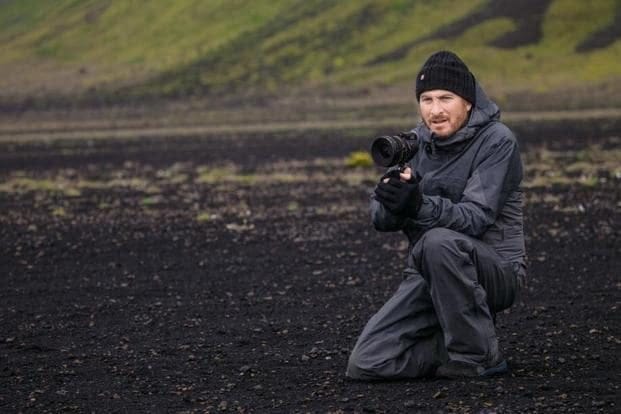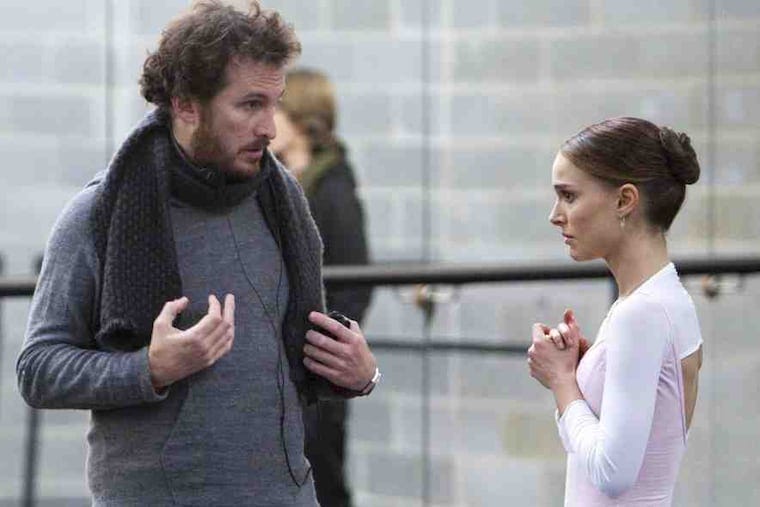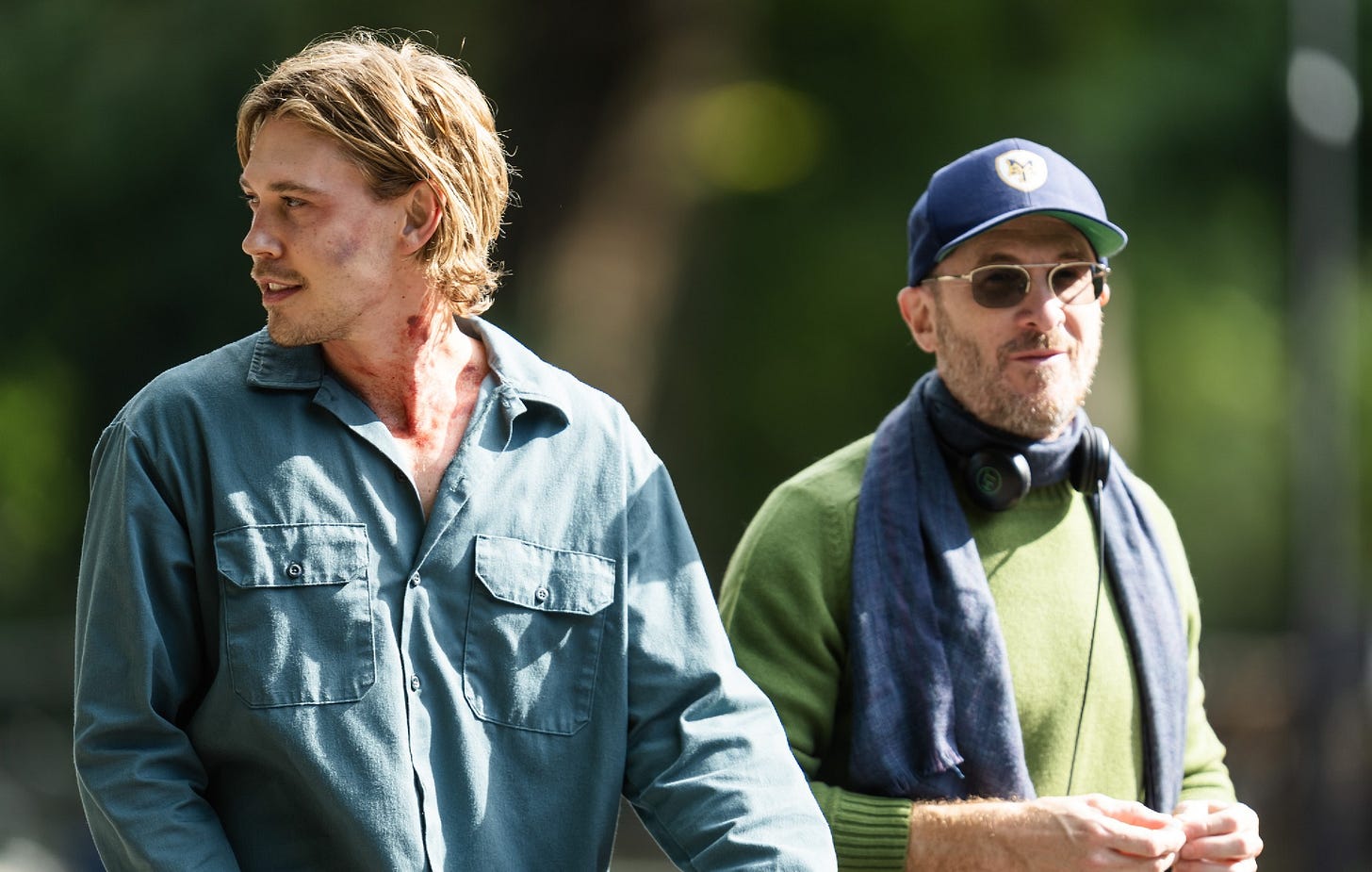The Curious Case of Darren Aronofsky
The fascinatingly messy career of an inconsistent shapeshifter
I first saw Requiem for a Dream when I was nineteen, at a local independent theater, alone. It was one of those moments obsessive film lovers have from time to time, one of a handful of transformational experiences sitting in the dark cinema. It felt as if new avenues of possibility opened up to me inside this frantic, psychotronic descent into madness, the likes of which I had never seen. I sat, dumbstruck, terrified, thrilled, and I left the theater a changed man.
Requiem for a Dream opened my eyes to all new types of film, and it introduced me to Darren Aronofsky. Even if the power of this youthful film has faded over the years, the seed was planted. Soon after leaving the theater, maybe even the next day, I procured a copy of Pi and dove in. Hypnotizing, raw, unsettling. I was sold on Aronofsky—his voice, his energy—and I vowed never to miss another film of his on the big screen. I read anything I could find about him, and chased down leads on his next project in the early days of internet journalism.
And since those moments in the buzzing afterglow of Requiem for a Dream, things have been… interesting, for lack of a better word. Filled with ups and downs, weird choices, compromised visions, and occasional greatness, the career of Darren Aronofsky is not in any way how I would have envisioned it at 19.
Aronofsky’s next movie, The Fountain, was a messy project on both ends. Originally, the film was set to star Brad Pitt at the height of his powers, and Cate Blanchett, and the budget was north of $75 million. Pitt and Aronofsky soon found themselves at odds, and Pitt dropped out, causing the budget to wither. Aronofsky’s vision was compromised from there on out. Hugh Jackman and Rachel Weisz replaced Pitt and Blanchett, and major set pieces and backstory were slashed from the film until it was whittled down to a somewhat incoherent 97 minutes.
And yet, I sided with the film in the face of negative buzz and box-office failure. There are inspired moments of greatness in The Fountain, but Aronofsky was blameless in my estimation. The studio had interfered too much.
Aronofsky’s next two films convinced me he was back on top, re-establishing himself as one of the premier young voices of auteur filmmaking. The Wrestler and Black Swan share similarities - the themes of obsession and addiction Aronofsky examines throughout all of his work - but they are told in wildly different ways. The films both earned Oscar nominations in 2008 and 2010, respectively. The Wrestler, a gritty, street-level drama, resurrected Mickey Rourke’s career, and for Black Swan, Natalie Portman won Best Actress for her incredible performance as a manic ballerina suffering an insane mental break. It’s Aronofsky’s wheelhouse, and Black Swan is his masterpiece.
It was a powerful pair of films that seemed as if they were going to set up Darren Aronofsky to become the next household name, an epic filmmaker the likes of Nolan or Villeneuve making event movies for a rabid fanbase. But he isn’t built that way. He doesn’t seem to have the sensibilities of a major studio director, for whatever reason. His inspirations feel vast and wide, and even if he continually examines the damaging effects of obsession on the human body, these explorations are in wildly varying genres and styles. Aronofsky has a distinct voice as a filmmaker, but there is no signature move in his bag, no Spike Lee dolly zoom to tip off the viewer who is behind things. That sort of visual freedom in his decision-making has been a blessing and a curse, and his last three films showcase all that is great, and confounding, about Darren Aronofsky.
Noah was an alienating experience for audiences, an audacious story of the man and his Ark. Aronofsky takes bold swings in Noah, and continues to explore the deterioration of his main characters under the weight of obsession and anxiety, all the while juggling some grandiose CGI sequences. Russell Crowe is phenomenal here, and Jennifer Connelly is able to tap into her innate intensity as Naameh, his wife. It is messy, but inspired, and in Aronofsky’s finest moments you can feel his passion on screen. That is undeniable in Noah.
Mother! What a movie - just a completely unhinged and uncomfortable allegory for humans and how they destroy their environment, a passion Aronofsky holds outside of his movies. This one pulled the wool over unsuspecting audience members’ eyes, luring them into the theater with Jennifer Lawrence, Javier Bardem, Michelle Pfeiffer, and Ed Harris, and then having a house full of maniacs tear Lawrence apart in a bizarre display of hysterics and madness. It is not a movie to revisit (a common retort, and another drawback to Aronofsky’s catalogue for most people), but it is another ballsy choice that flies in the face of conventionality.
If Noah alienated some people, and Mother! infuriated plenty more - there were two walkouts when I saw it - The Whale became something of a parody of Aronofsky’s self-seriousness. Even if it got Brendan Fraser a Best Actor statue, The Whale is yet another movie in his career that people would never want to revisit. It is grimy and grey and depressing, a miserable slog through a miserable existence, almost intentionally unpleasant from top to bottom.
Which brings us to Caught Stealing, yet another pivot into something completely different. There seem to be remnants of Aronofsky’s early career with the Brooklyn setting and the manic energy, but it is definitely leaning into crime-genre trappings more than anything else Aronofsky has done.
It also, strangely, seems boring.
Everything about this should speak to me: Aronofsky directing a crime drama starring Austin Butler and Zoë Kravitz, set in mid-90s New York City. The trailer is clever and energetic, and yet, it feels completely wrongheaded and set up for failure. All of the action rings hollow. Perhaps I’m off base here, and I hope I am, but Caught Stealing feels like Darren Aronofsky once again pushing back against what anyone expects of him. That move has worked sometimes, other times not so much.
Darren Aronofsky’s career has always been defined by extremes—visionary brilliance and frustrating missteps, often in equal measure. From Requiem for a Dream to Black Swan, he proved himself a filmmaker unafraid of discomfort, obsession, and transformation. Yet his refusal to follow convention has led to polarizing works like Mother! and The Whale. What remains constant is his commitment to risk and reinvention, never allowing himself to become predictable or safe. Aronofsky’s films may not always succeed, but they remain undeniably his own, fueled by passion and defiance, and that uncompromising spirit is what makes his career fascinating.




